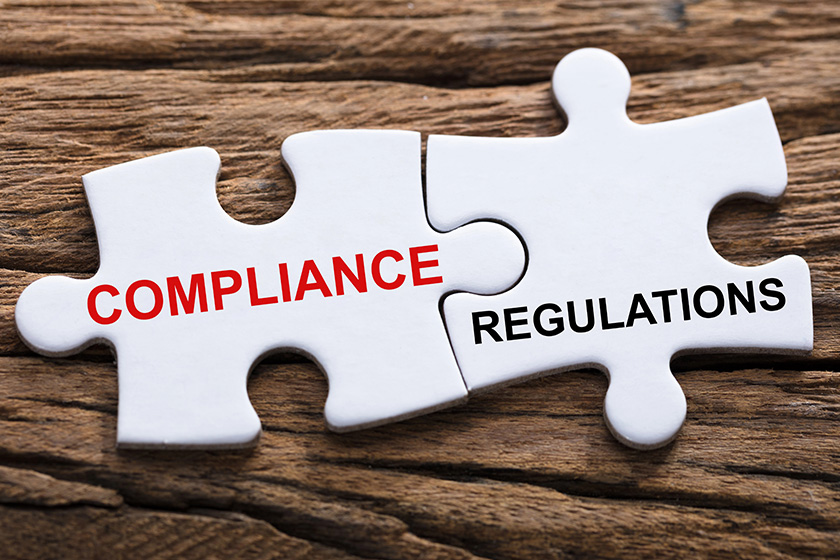Navigating the landscape of personal care home regulations is crucial for both residents and their families to ensure the highest standards of care and safety. From staffing requirements to facility standards, these regulations aim to safeguard the well-being of individuals residing in personal care homes.
Licensing and Certification
Personal care homes are regulated at the state level, with each state establishing its own set of licensing and certification requirements. These regulations govern various aspects of operation, including facility standards, staffing ratios, resident rights, and health and safety protocols. Before selecting a personal care home for yourself or a loved one, it’s essential to verify that the facility is licensed and in compliance with state regulations. This ensures that the home meets minimum standards for quality care and accountability.
Staffing Requirements
One of the critical components of personal care homes regulations is staffing requirements. These regulations dictate the minimum staffing ratios and qualifications necessary to ensure adequate care and supervision for residents. Staffing requirements may include licensed nurses, certified nursing assistants (CNAs), medication aides, and direct care staff. It’s essential for personal care homes to maintain sufficient staffing levels to meet the needs of residents and provide timely assistance with activities of daily living, medication management, and medical emergencies.
Facility Standards and Safety Protocols
Personal care homes regulations also encompass facility standards and safety protocols designed to protect the health and well-being of residents. These regulations may address issues such as building codes, fire safety measures, sanitation standards, and emergency preparedness plans. Personal care homes are required to maintain a safe and comfortable environment for residents, free from hazards and conducive to their overall health and quality of life. Regular inspections and oversight ensure compliance with these standards and prompt corrective action when deficiencies are identified.
Resident Rights and Protections
Resident rights and protections are fundamental aspects of personal care homes regulations, emphasizing the importance of dignity, autonomy, and respect for individual preferences and choices. These regulations outline residents’ rights to privacy, confidentiality, and freedom from discrimination or abuse. They also establish procedures for resolving grievances and complaints and ensure that residents have access to advocacy and support services. By upholding resident rights and protections, personal care homes foster a culture of dignity, empowerment, and person-centered care.
Quality of Care and Services
Ensuring quality of care and services is a primary goal of personal care homes regulations. These regulations may require homes to develop and implement care plans tailored to each resident’s unique needs and preferences. They also mandate ongoing training and education for staff members to maintain competency and proficiency in delivering care. Additionally, personal care homes may be subject to quality assurance measures, such as performance evaluations, resident satisfaction surveys, and regulatory inspections, to monitor and improve the quality of care provided.
Transparency and Accountability
Transparency and accountability are essential principles underlying personal care homes regulations. These regulations promote openness and honesty in all aspects of operation, including financial practices, communication with residents and families, and reporting of incidents or concerns. Personal care homes are required to maintain accurate records, documentation, and policies and procedures to ensure accountability and compliance with regulations. By promoting transparency and accountability, personal care homes build trust and confidence among residents, families, and regulatory agencies.
Grasping the intricacies of personal care homes regulations is critical for safeguarding the safety, well-being, and overall quality of life for those in these environments. By getting to grips with the essentials such as licensing requirements, Team protocols, facility standards, residents’ rights, and quality assurance processes, you empower yourself to make well-informed choices and champion exemplary care for yourself or your loved ones. These regulations are pivotal in fostering care excellence, ensuring resident dignity and rights are prioritized, and highlighting the value of accountability, transparency, and empathy in long-term care delivery.
In our community, understanding and adhering to these regulations is foundational to our ethos. We are deeply committed to not just meeting but exceeding, these standards, ensuring that every aspect of our care—from our Personal Care to our Memory Care offerings—is rooted in respect, dignity, and a personalized approach to care. This commitment extends to maintaining open lines of communication with residents and their families, ensuring that everyone is fully informed and involved in the care process. Our dedication to excellence, coupled with our unwavering compassion and professionalism, ensures that we provide a safe, supportive, and enriching environment for all our residents, embodying the very principles these regulations seek to uphold.







